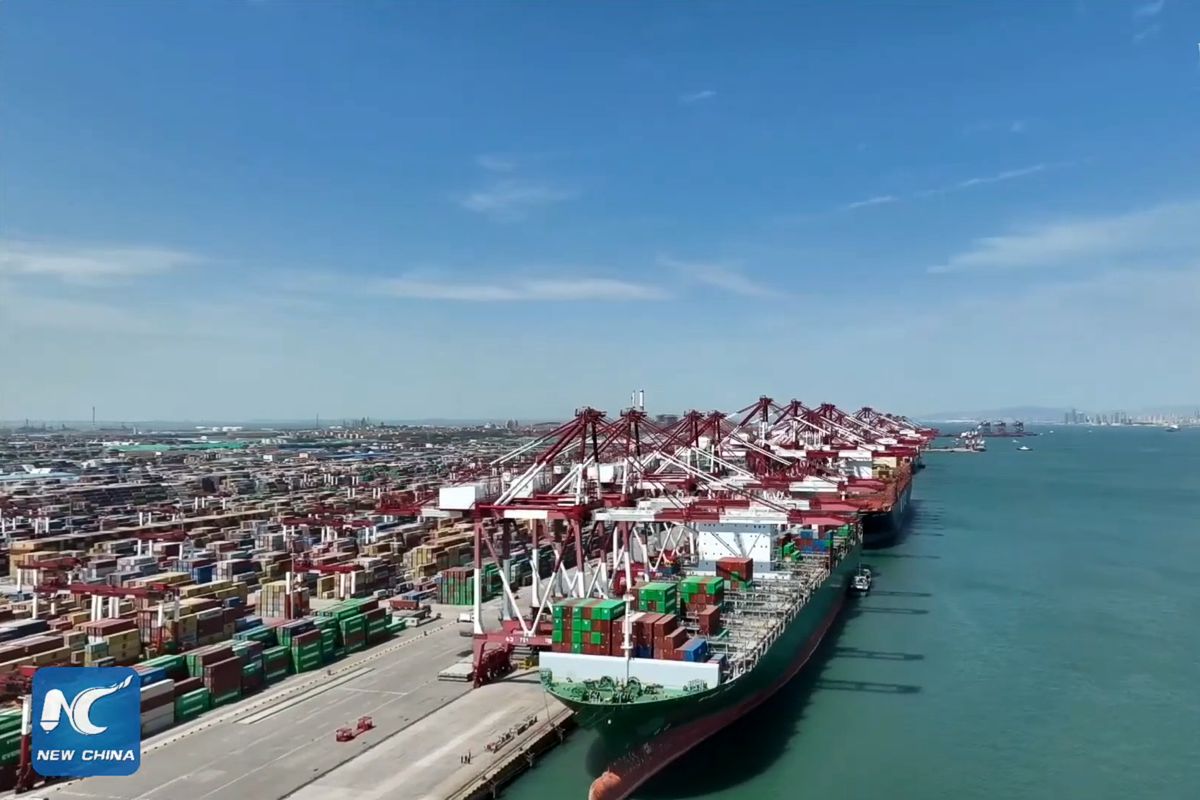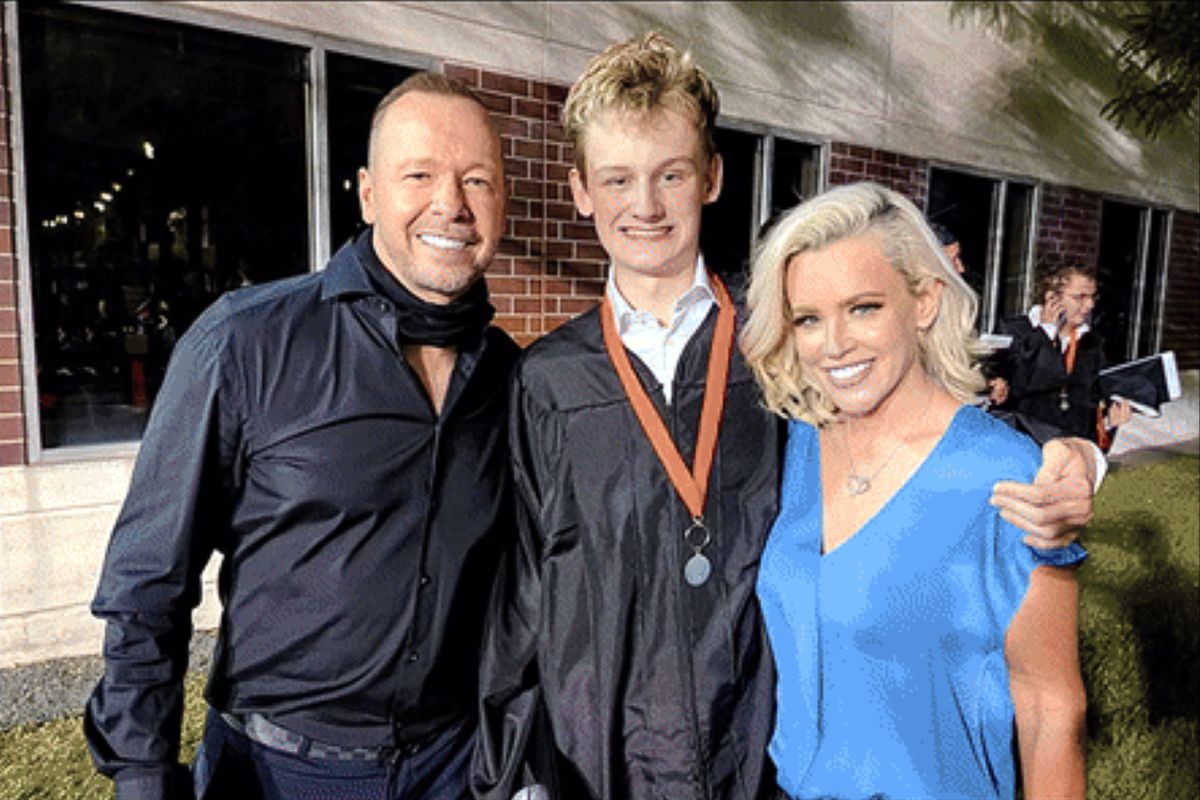This is the Russian leader’s first public response to the 28-point draft proposal to ending the war in Ukraine.
Russian President Vladimir Putin said on Nov. 27 that a U.S.-backed peace plan could form the basis of ending the war in Ukraine.
Attempts to de-escalate the Ukraine-Russia conflict have gained momentum in recent weeks, as the United States and European partners advance parallel peace frameworks aimed at breaking the current stalemate.
Putin, speaking at a news conference during a visit to Kyrgyzstan, said he is prepared for a “serious discussion” regarding the plan, adding that a U.S. delegation will visit Moscow next week.
“In general, we agree that this could be the basis for future agreements,” the Russian leader said following a Collective Security Treaty Organization (CSTO) summit with leaders from Belarus, Kazakhstan, and Tajikistan.
This marked Putin’s first public response to a peace initiative, following several days of intense U.S.-Ukraine diplomacy.
The White House confirmed last week that it had been crafting a 28-point peace plan to resolve the war in Eastern Europe.
The draft proposal would require Ukraine to make significant territorial concessions, cap its armed forces, and abandon its pursuit of NATO membership. The agreement would also involve sanctions relief for Russia, redirecting frozen Russian assets to Ukrainian reconstruction, and pledges not to attack Ukraine or other European nations.
One day after talks in Geneva on Nov. 23, President Volodymyr Zelenskyy confirmed that an American delegation—led by U.S. Secretary of State Marco Rubio—and Ukrainian officials agreed to reduce the number of points in the proposal from the initial 28.
Both countries have touted progress on the draft, with Zelenskyy saying on social media that the plan is “the right approach” after obtaining changes. “There is still work for all of us to do together to finalize the document, and we must do everything with dignity,” Zelenskyy said in a Nov. 24 post on X.
Putin said the new draft text had been given to Moscow.
“They decided among themselves that all 28 points should be divided into four separate components,” the Russian president said.
By Andrew Moran







